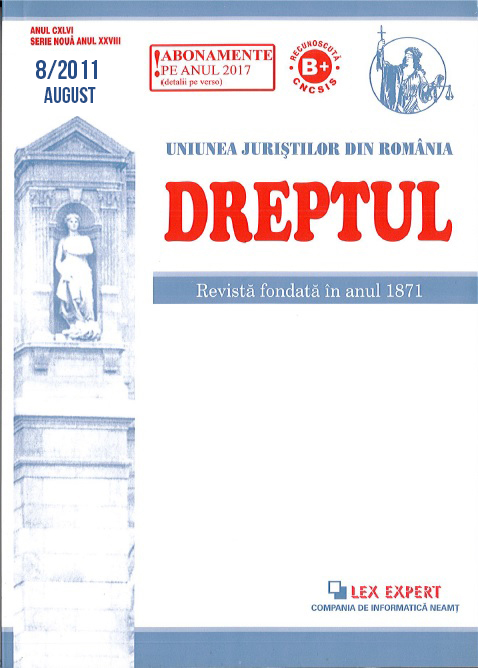The legal regime of the penalty clause is established under the purports of Articles 1538-1543 of the new Romanian Civil Code (yet unenforced). Analysis of these regulations is undertaken in the study hereby by putting forward three issues considered defining: the legal nature of the penalty clause, its incidental character and mutability. Taking as reference point the definition of penalty clause set forth in Article 1358 par. (1), it is argued that the Romanian legislature has endorsed dualistic theory, according to which the penalty clause is a civil reparation remedy or a sanctioning repair, for the case of unlawful non-performance of the main contract by the debtor. The incidental character of the penalty clause is explained on account of the dependency relationship that exists between it and the obligation arising out of the main contract. Consequently, in principle, the penalty clause follows the legal destiny of the main obligation, according to the principle accesorium sequitur. To this rule there is but one exception: resolution of the main contract does not affect the existence and enforcement of the penalty clause. In terms of mutability of the penalty clause, it is found that its judicial review is permissible only by way of reductibility, where it is manifestly excessive as compared to the foreseeable damage caused to the creditor through unlawful non-performance of the obligation arising from the main contract.


